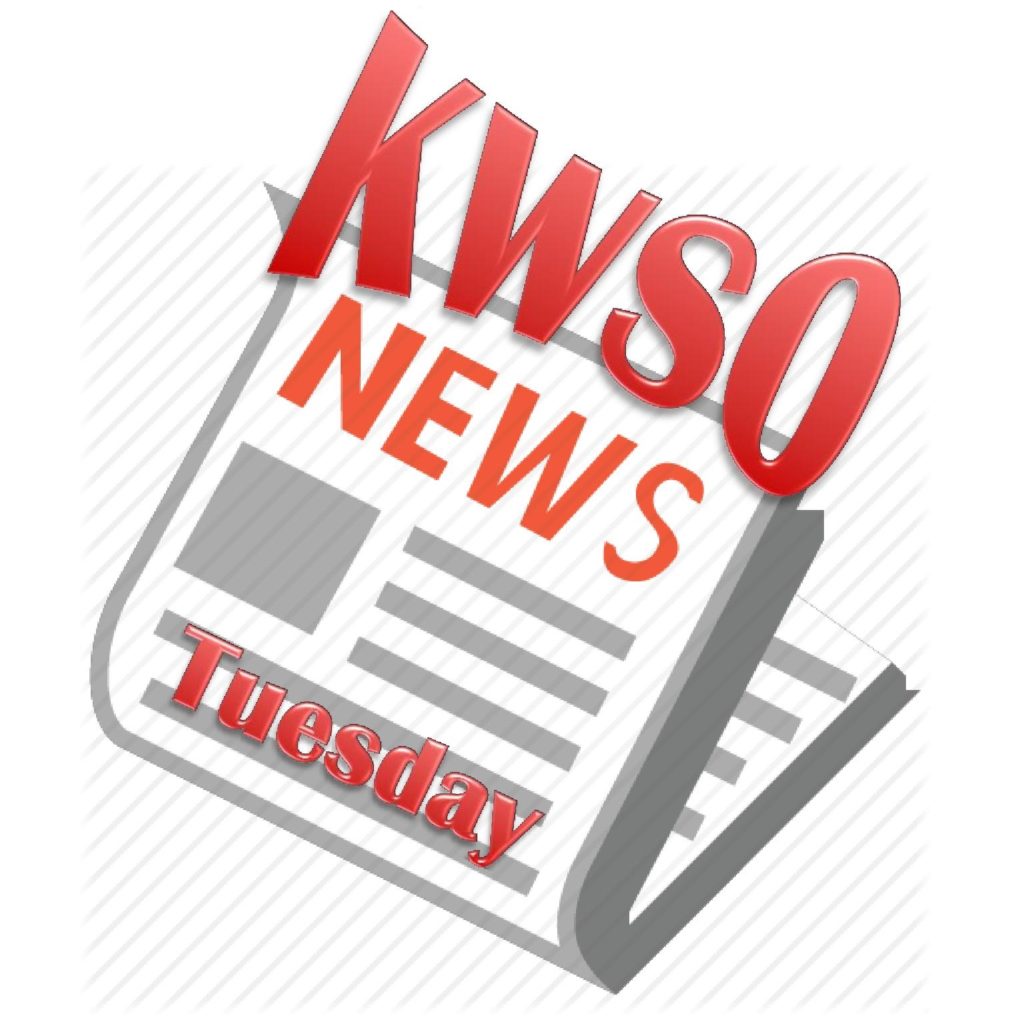Local News
News Stories for Tue., Jul. 11, 2017
The Let’s Talk Diversity Coalition is offering a 4-part Cultural Awareness Training that will begin next week. The first part is “Building Cultural Awareness” on Thursday, July 20th from 9am – 3:30pm. The training will discuss common barriers and biases that affect how people view other cultures. To learn more about the training sessions and to register, you can visit letstalkdiversity.net.
The summer heat increasing water usage in Warm Springs has prompted Warm Springs Utilities to ask residents to conserve water. Residents in and around the Warm Springs Agency Area can help by limiting lawn watering and not leaving hoses running. Conserving water will help to replenish the water system by allowing the main holding tank to fill – it has been at a low level.
Sports Physicals for students at the Warm Springs Health and Wellness Center will be done on August 4th starting at 12:45, first come, first serve. The physicals will be good for two years. So, if youth did not get a school sports physical last year, they will need one this year if they plan to play school sports.
There was no growth on the Lone Pine Fire yesterday and crews were able to reinforce the line around the fire. The fire is approximately 900 acres and is currently 15% contained according to the Central Oregon Interagency Dispatch Center. The fire began Sunday on the Crooked River National Grassland about 12 miles southeast of Madras. Meanwhile, Crews brought the Ana Fire, about 100 miles southeast of Bend, to 20 percent containment Monday, but the fire also nearly doubled in size, to 6,200 acres.
Microsoft is announcing a project to bring broadband internet access to rural parts of the United States. Microsoft President Brad Smith says in a blog post that he plans to unveil details about the initiative at an event today in Washington, D.C. The company, based in Redmond, Washington, is calling for a combination of private and public investments to get about 2 million rural Americans online in the next five years. Smith says the strategy would use TV white spaces, which are unlicensed and unused airwaves. He says the powerful bandwidth will allow wireless signals to travel over hills and through buildings and trees. The company plans to partner with telecommunications companies that serve rural counties in 12 states. It’s also asking for regulatory support from the FCC.

